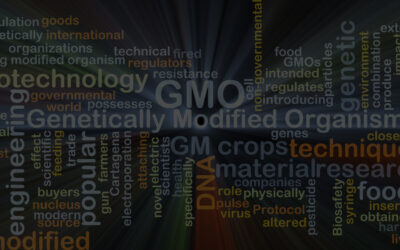Reader Kathryn L. asks whether carbon filters can eliminate glyphosate from her drinking water. Good question! This is what we found out
As per the EPA, studies show that glyphosate is effectively removed with activated-carbon methods, as well as chlorine and ozone. There are more than 750 glyphosate-based herbicides on the market, (Roundup being the most renowned), so this is a commonly used and ubiquitous herbicide.
How does glyphosate get into your water, Kathryn? Run-off and erosion from farms, roadways and public spaces are one of the most common ways it gets into the soil, finding its way into the water supply. It’s water-soluble and in certain conditions can last up to 22 years! The following map shows how much is being used state-to-state, from 2018:

What makes the issue difficult is that acceptable amounts of glyphosate (there are none!) vary from state-to-state under the Safe Drinking Water Act via the National Primary Drinking Water Regulations. The EPA established the Maximum Contaminant Level (MCL) of 700 ppb for glyphosate. Hmm. Researchers found that levels of .1 ppb in rats caused fatty liver disease. Maybe we should have another look at those levels?
But let’s get back to Kathryn’s question and do a deeper dive into those carbon-based systems. Carbon-based filters are an effective way to eliminate glyphosate as well as other unwanted chemicals. The method of action is via the process of adsorption where toxicants bind to the surface of the carbon filter. To expand the binding capacity of carbon, pores are created that increase the surface area, thus “activating” the carbon in the filter. The sources of the carbon are from coconut, coal and activated carbon modified through the addition of iron hydroxide.
There are several factors that can affect the binding capacity including the amount of glyphosate present, the pH (ideal is between 4 and 5) and temperature of the water, the type of carbon being utilized as well as how long the water is in contact with the carbon.
The biggest obstacles are cost and the need to change the carbon filter on a regular basis. While home units might be best, they are definitely higher in price. Under the sink models and stand-alone pitchers can also do the job!
When do you change the filter? It depends on the usage, but approximately every 6 months to one year and/or when the carbon filter loses its adsorptive capacity.
Which ones should I buy? Researching some of the filters out there, some of the leading pitcher-type filters include Clearly Filtered Water, Zero Water, and The Berkey. This is an incomplete list but will get you thinking about the need to filter your water so that it is clean and affordable. A drink of pure water to your health, Kathryn, and to all our readers!



